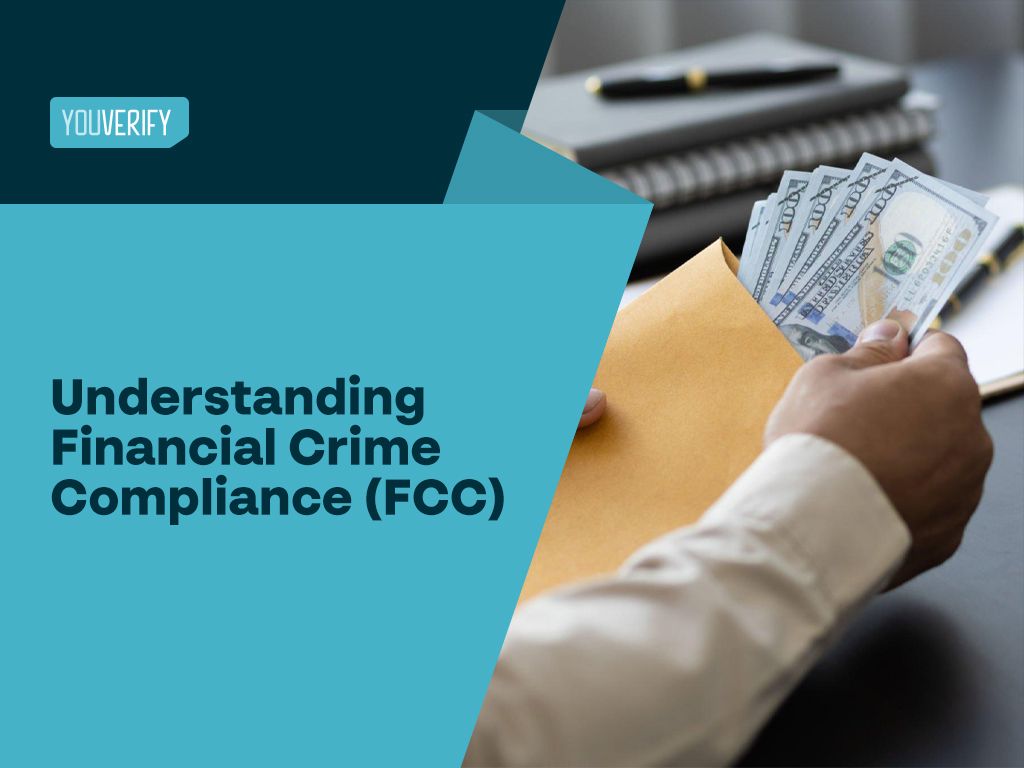The fight against financial crime took a collaborative turn in the United Arab Emirates (UAE) with the release of the first public consultation document by the Public-Private Partnership Subcommittee (PPPSC). Established by the National Committee for Anti-Money Laundering and Counter Financing of Terrorism (NAMLCFTC), the PPPSC represents a novel initiative designed to foster cooperation between government agencies and private sector entities.
This landmark document seeks public input on the most effective methods for strategic information sharing between these two crucial stakeholders. Public-private partnerships (PPPs) are envisioned as a cornerstone in the UAE's strategy to combat money laundering, terrorist financing, and the financing of illegal organizations.
Highlighting the significance of this initiative, Khaled Mohamed Balama, Governor of the Central Bank of the UAE and Chairman of the NAMLCFTC, emphasized the UAE's unwavering commitment to safeguarding the integrity of the global financial system. He described the PPPSC as a "unique hybrid model" that fosters collaboration between relevant government agencies, financial institutions, and designated non-financial businesses and professions (DNFBPs).
Balama underscored the critical role that PPPs play in the contemporary fight against financial crime. By combining the expertise and resources of both the public and private sectors, PPPs are expected to bolster the detection and disruption of criminal networks. This intelligence-driven approach aims to deprive criminals of illicit profits and the resources that fuel their activities.
The public consultation document outlines the PPPSC's proposed framework for information sharing. This framework emphasizes secure communication channels, clear data protection protocols, and robust mechanisms for verifying the authenticity and legitimacy of shared information.
The PPPSC acknowledges the importance of ensuring a level playing field for all participants. The consultation document underscores the committee's commitment to developing a framework that safeguards sensitive information while enabling the effective exchange of intelligence critical to combating financial crime.
Public feedback on the proposed framework is seen as vital for its successful implementation. The PPPSC encourages all relevant stakeholders, including financial institutions, DNFBPs, and the general public, to actively participate in the consultation process. The committee believes that a comprehensive and inclusive approach is essential for establishing a robust and efficient system for combating financial crime in the UAE.
By fostering collaboration between public and private sectors, the PPPSC's initiative has the potential to significantly enhance the UAE's ability to combat financial crime. The successful implementation of the proposed framework for information sharing is likely to serve as a model for other countries seeking to strengthen their financial security measures.

